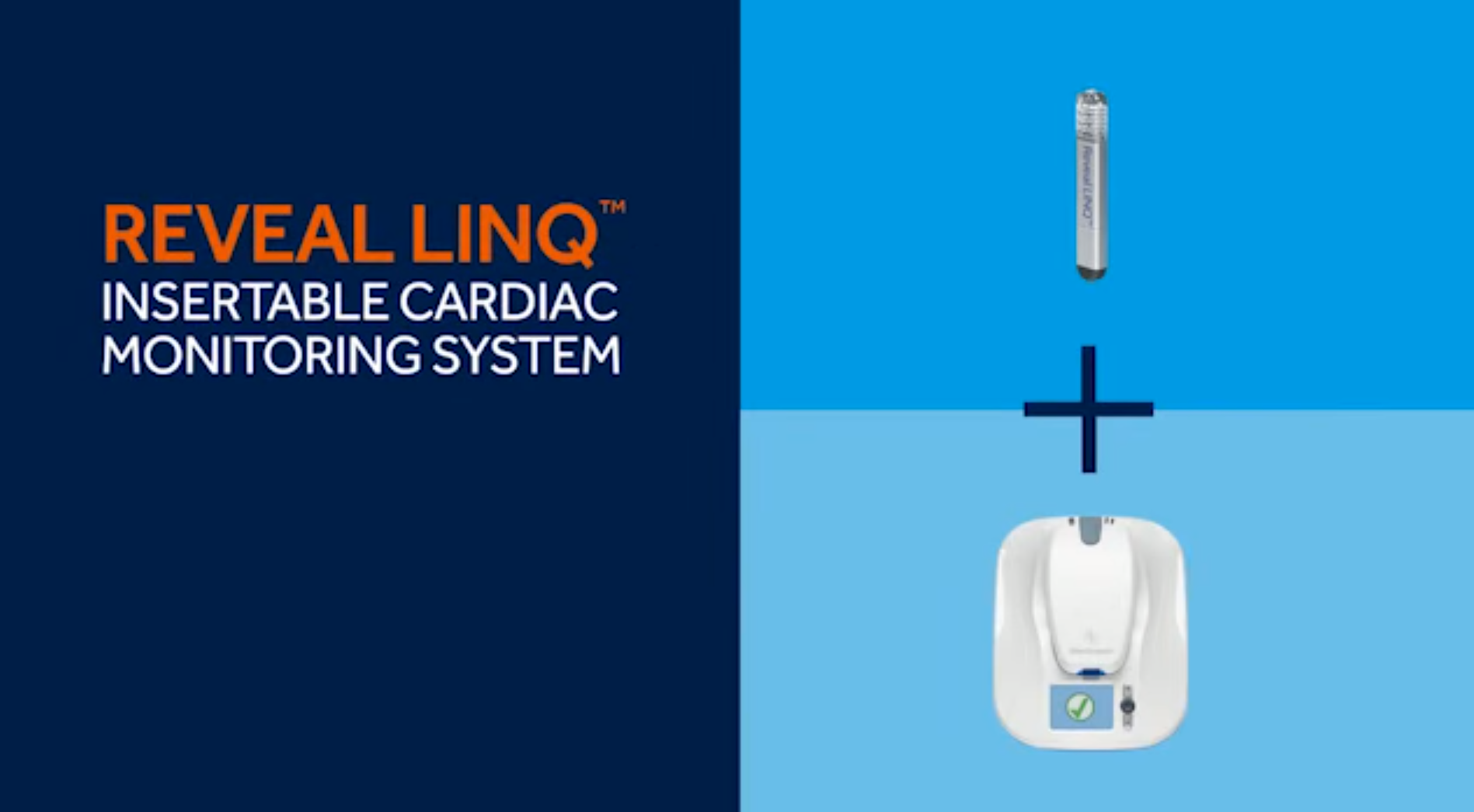
Medtronic announced in February 08th, 2023 late-breaking clinical data from the STROKE AF clinical study, which showed large and small vessel disease stroke patients had a 10-fold increase in AF detection with the Reveal LINQ™ insertable cardiac monitor (ICM) at three years compared to patients randomized to standard of care who did not receive continuous, long-term monitoring. The latest results, presented today as a late-breaking clinical trial at the American Stroke Association's International Stroke Conference (ISC) 2023, build on the STROKE AF study 12-month primary endpoint results published in JAMA(opens new window) in June 2021.
Over the first year, 12.5%* of patients in the ICM arm had AF detected compared to 1.8% of patients randomized to standard of care (consisting of external cardiac monitoring such as 12-lead ECGs, Holter monitoring, telemetry, or event recorders). At three years, the rate of AF detection increased to 21.7% of patients in the ICM arm compared to 2.4% in the control arm, resulting in a statistically significant hazard ratio of 10 (95% CI 4.0-25.2, p<0.001). The study also showed that 67% of patients (31 out of 46) in the ICM arm had clinically relevant AF episodes lasting more than one hour in duration, while 88% of AF episodes were asymptomatic.
Stroke impacts more than 795,000 people every year. More than 87% of strokes are ischemic strokes, which occur when vessels that allow blood to flow to the brain are blocked.1 Patients with AF are at a five-fold increased risk for ischemic stroke.
While the STROKE AF study was not designed to detect or explain treatment differences, only 70% of patients with AF detected in the ICM arm were subsequently started on anticoagulation therapy—medication that helps prevent blood clots.
